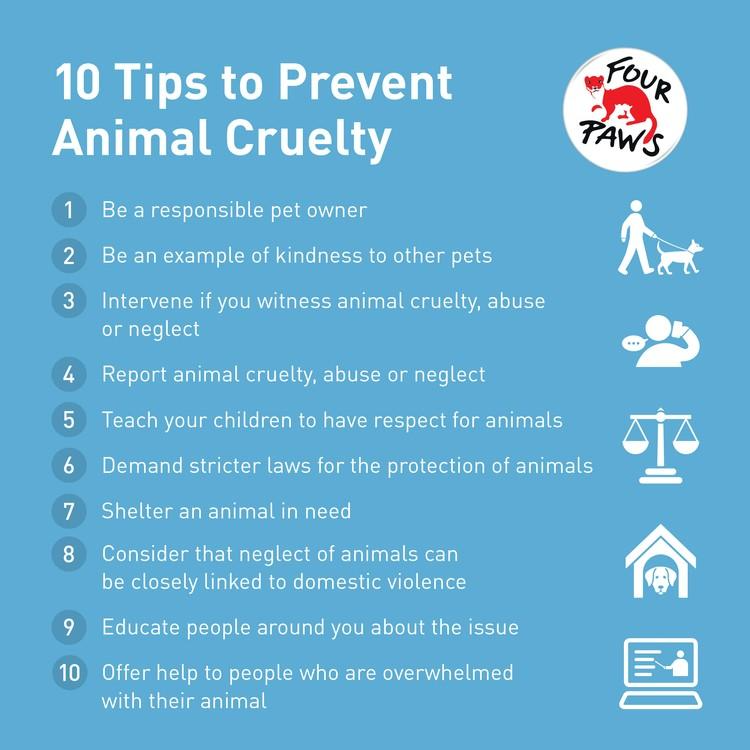As society progresses, awareness of animal rights has surged, compelling us to ask: what can I do to stop animal cruelty in China and beyond? This question is not merely rhetorical; it invites a challenge, encouraging individuals to take practical steps toward creating a kinder world for animals. The plight of animals, both domesticated and wild, demands our attention and action. Understanding this crisis is the first step to formulating effective strategies for intervention.
In China, the issue of animal cruelty encompasses various dimensions, from the treatment of farm animals to the abhorrent practices associated with the fur trade and the dog meat festival. These issues are multifaceted, involving cultural, economic, and ethical considerations. Nevertheless, the fundamental right of all creatures to live without suffering and exploitation transcends these complexities.
First, education emerges as a crucial weapon against animal cruelty. Awareness campaigns illuminate the ghastly realities faced by animals, motivating the public to advocate for compassionate alternatives. Initiating discussions within educational institutions can inspire younger generations to adopt ethical stances toward animal welfare. Incorporating humane education curricula in schools can cultivate empathy and understanding, fostering a culture that values and protects all living beings.
Moreover, engaging with community leaders and local organizations can amplify efforts to combat animal cruelty. Forming coalitions with animal welfare groups can expand resources and mobilize collective action. Cities and towns can host events, workshops, and informational sessions aimed at raising awareness and providing tangible resources for community members to unite against animal cruelty. Collaboration is vital; by harnessing diverse perspectives and skills, we can forge formidable campaigns that resonate within our communities.
One cannot ignore the role of social media in igniting change. Platforms such as Twitter, Facebook, and Instagram provide immediate avenues for voicing concerns about animal welfare, documenting abuses, and sharing success stories of rescue and rehabilitation. Users can leverage these channels to disseminate information, advocate for policy changes, and promote ethical consumerism. Perhaps you might consider creating a dedicated account focused solely on animal advocacy, using your platform to enlighten and encourage others to join the cause.
Adopting a conscientious dietary lifestyle is another powerful avenue for combating animal cruelty. The promotion of plant-based diets not only reduces the demand for factory-farmed animals but also mitigates the environmental impact associated with meat production. Educating friends and family about the health, ethical, and environmental benefits of plant-based eating can spur collective action. Experimenting with new recipes and inviting loved ones to share in the culinary exploration may also inspire change and introduce others to the joys of compassionate cuisine.
Direct involvement in activism through volunteering or donating can significantly impact animal welfare organizations operating both locally and globally. Shelters, rescue organizations, and advocacy groups often rely on the support of compassionate individuals. Whether participating in community outreach programs, fostering animals, or contributing resources, your efforts can help improve the lives of countless beings. Perhaps it is time to examine your skills and discover how they can serve the cause. Are you a skilled writer? Why not contribute articles or create pamphlets to inform others? Are you an exceptional organizer? Consider spearheading events that raise awareness about animal rights.
Additionally, legislative advocacy plays a pivotal role in effecting systemic change. Familiarizing yourself with existing laws surrounding animal welfare and engaging in political processes can empower citizens to demand accountability from governments and corporations. Writing letters to officials, participating in peaceful protests, or even starting petitions can rally support for more stringent regulations against animal cruelty. These steps may seem daunting, but every voice matters, and unified efforts can lead to substantial reform.
Moreover, travelling provides an opportunity to witness and engage with the cultural practices surrounding animals in different countries. By participating in responsible tourism and supporting businesses that prioritize animal welfare, individuals can make a purposeful impact. Challenge yourself to seek out ethical travel options, including sanctuaries that focus on rehabilitation over exploitation. This not only enriches your travel experience, but it also promotes a model of compassion that can resonate with others.
Lastly, fostering an environment of dialogue around sensitive topics, including cultural practices that involve cruelty, can instigate critical conversations. While it is essential to approach such discussions with respect and sensitivity, encouraging constructive discourse can inspire change. Engaging with diverse perspectives allows for a broader understanding of the issues at hand and creates opportunities for collaborative solutions that honor both cultural traditions and animal rights.
In conclusion, the fight against animal cruelty is an ongoing battle that demands a multifaceted approach. Each person has a role to play, and the actions taken toward this cause can be both diverse and impactful. Whether through education, community involvement, advocacy, or personal lifestyle choices, we can contribute to a future where the suffering of animals is greatly diminished or eradicated altogether. The question now stands: what will your next steps be in the challenge to end animal cruelty? The answer resides within your commitment to enact meaningful change, not just in China but across the globe.








